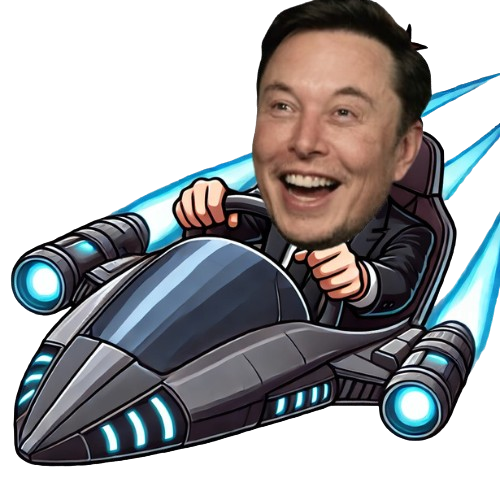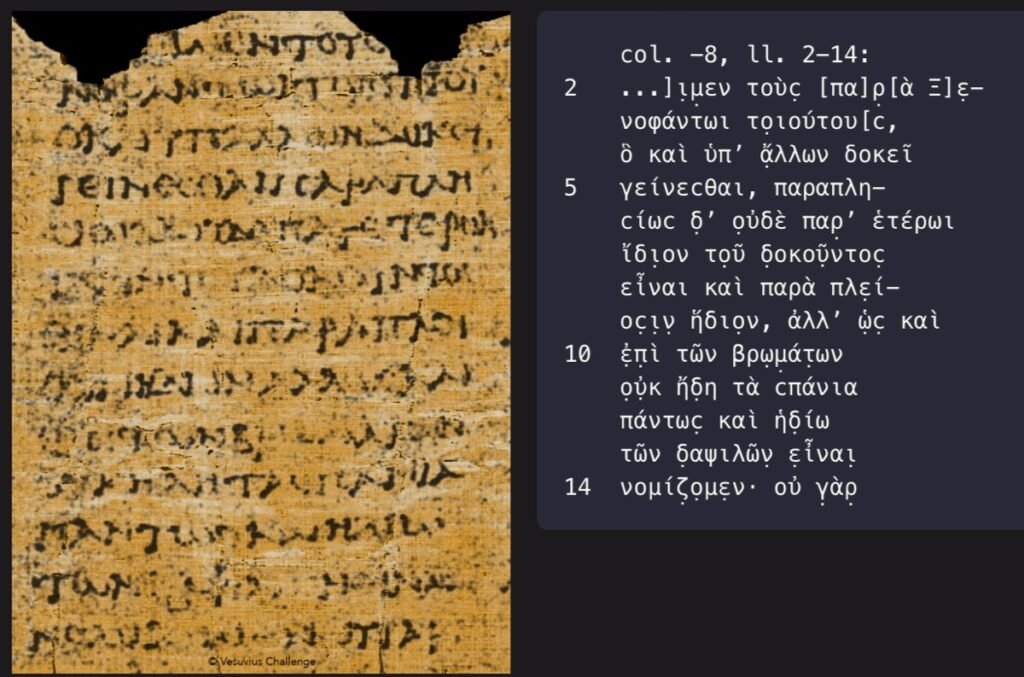Breaking News




Enter your email address below and subscribe to our newsletter

In 2023, the world of archaeology was rocked by an unexpected breakthrough. A 21-year-old computer science student from Nebraska, Luke Farritor, did what historians had only dreamed of—he extracted words from a 2,000-year-old Herculaneum scroll that had been reduced to a fragile lump of carbon by the eruption of Mount Vesuvius. The first word he uncovered? “Porphyras”—the Greek term for purple. A fitting discovery for a project so regal in its ambition.
Farritor wasn’t working alone. He teamed up with fellow AI enthusiasts Youssef Nader and Julian Schilliger to compete in the Vesuvius Challenge, an initiative aimed at using machine learning to decipher texts lost to history. Their efforts paid off—they won the $700,000 grand prize by deciphering over 2,000 characters, revealing an ancient philosopher’s musings on how to enjoy life.

Think about that for a second. A college student cracked the code on ancient history, using AI, in his spare time. That’s the kind of energy that gets Elon Musk’s attention.
If you’re familiar with Musk, you know he doesn’t just admire brilliance—he recruits it. And that’s exactly what happened next. Farritor was tapped to join Musk’s Department of Government Efficiency (DOGE), a private initiative aimed at streamlining bloated federal bureaucracy using AI-driven automation.
His new role? Executive Engineer in the Office of the Secretary of Health and Human Services. That’s right—one day he’s decoding ancient Greek texts, the next he’s knee-deep in modern government inefficiencies, trying to translate federal bureaucracy into something remotely functional. Some might call that an even bigger challenge than decoding 2,000-year-old scrolls.
DOGE’s mission is simple: cut wasteful spending, optimize inefficiencies, and use AI to make government operations as smooth as a Tesla factory floor. Musk has long criticized Washington’s outdated systems, calling them “a spreadsheet nightmare from the ‘90s.” Now, he’s enlisting some of the brightest minds to fix it.
Farritor’s journey represents a paradigm shift in two vastly different fields: historical research and government operations. On one hand, his AI models could unlock thousands of ancient texts, potentially recovering lost works from thinkers like Aristotle and Epicurus. On the other, his algorithms could streamline modern governance, reducing inefficiencies and ensuring tax dollars aren’t wasted on outdated systems.
Whether you see Musk’s DOGE initiative as a revolution or a risky experiment, one thing is clear: Luke Farritor is at the center of it all. He’s a living example of how AI is reshaping both our understanding of the past and our control over the future.
And if history has taught us anything, it’s that those who dare to challenge the status quo often leave the biggest mark. Just ask the ancient philosophers—once Farritor finishes decoding them.